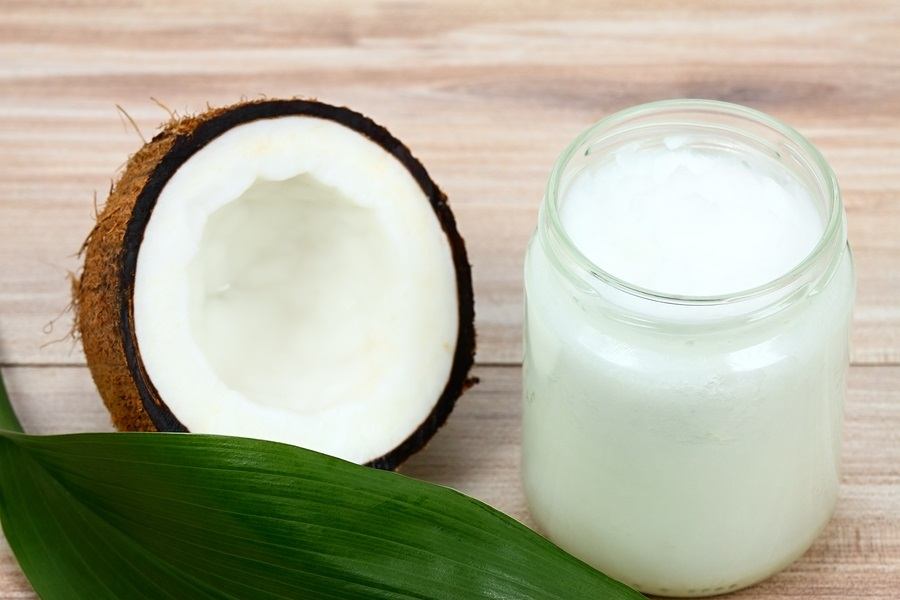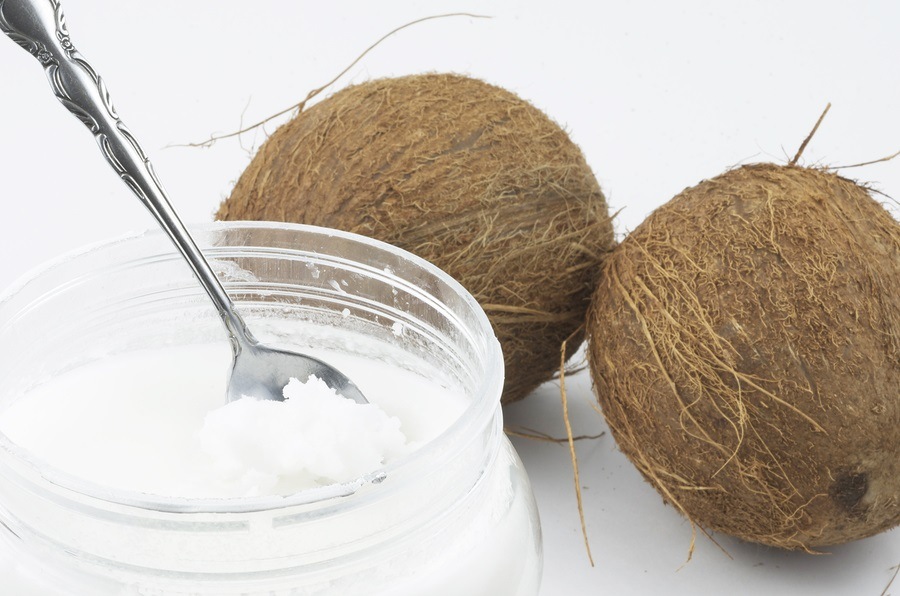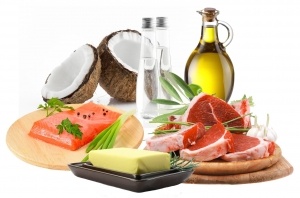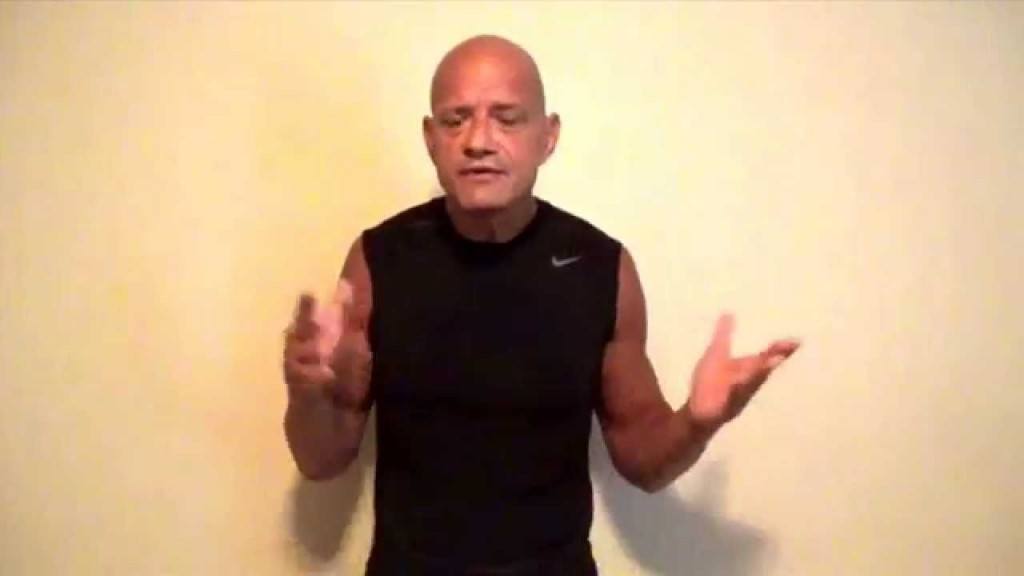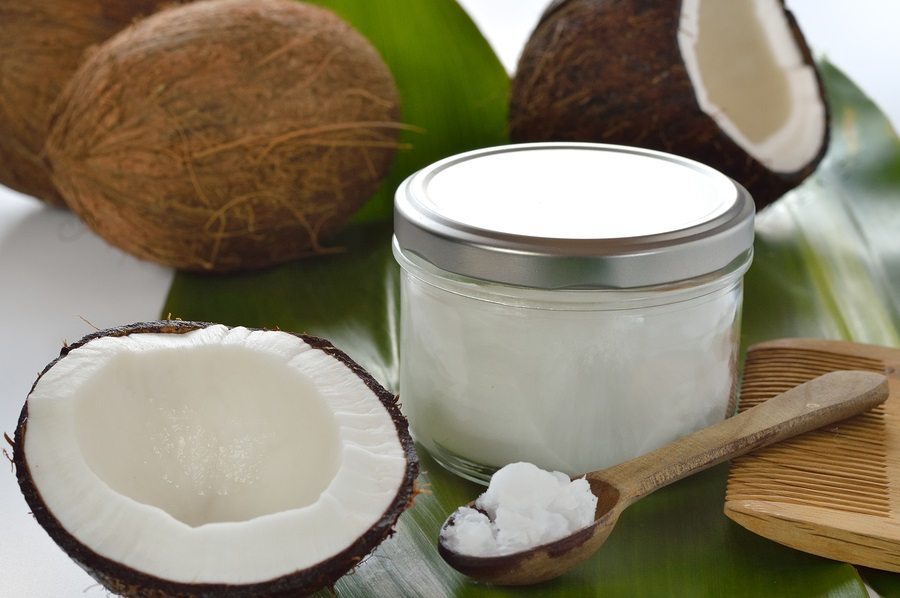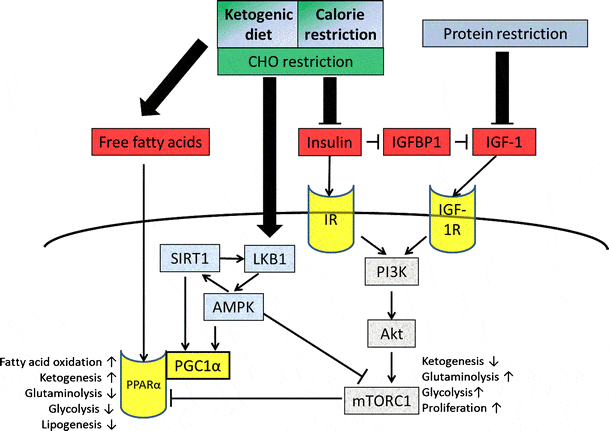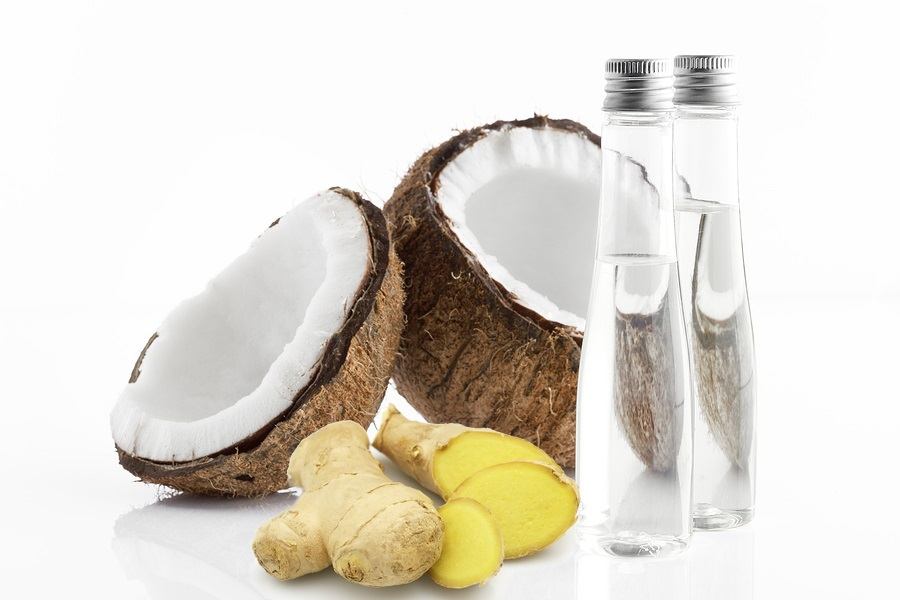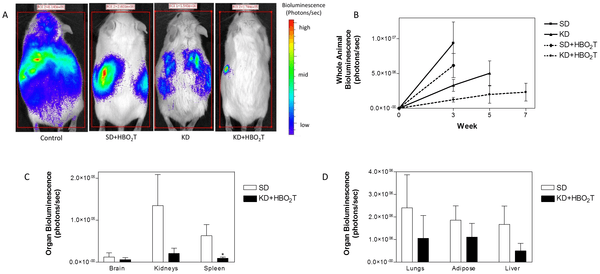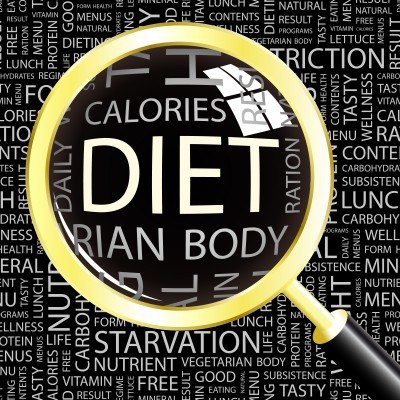Study: Lauric Acid from Coconut Oil Inhibits Cancer Cell Growth Without Affecting Healthy Cells
A study published September 2017 by researchers from the Department of Pharmacy, Health and Nutritional Sciences, at the University of Calabria in Rende, Italy, and from the Department of Health Sciences at the University Magna Graecia in Catanzaro, Italy, looked at the anti-cancer activity of lauric acid, the main fatty acid found in coconut oil. While coconut oil continues to get slandered in the U.S. by those with close ties to the pharmaceutical industry, research mainly outside the U.S. continues to show how healthy coconut oil can be, dispelling the common saturated-fat-is-bad myth still being promoted in the U.S. The study title is: "The lauric acid-activated signaling prompts apoptosis in cancer cells," and it was published in the journal "Cell Death Recovery." The study looked at the effects of lauric acid in both breast cancer and colon cancer: "The saturated medium-chain fatty-acid lauric acid (LA) has been associated to certain health-promoting benefits of coconut oil intake, including the improvement of the quality of life in breast cancer patients during chemotherapy. As it concerns the potential to hamper tumor growth, LA was shown to elicit inhibitory effects only in colon cancer cells. Here, we provide novel insights regarding the molecular mechanisms through which LA triggers antiproliferative and pro-apoptotic effects in both breast and endometrial cancer cells." Coconut oil is nature's richest source of lauric acid, by far, comprising almost 50% of the fatty acids in coconut oil. Human breast milk comes in a distant second at around 6% lauric acid. Lauric acid has a rich and long history of fighting pathogens, and has been a popular food preservative for many decades. Perhaps the most significant observation documented in this study was the ability of lauric acid to target cancer cells but not affect healthy cells, unlike most chemotherapy drugs: "Lauric Acid inhibited the viability of both cancer cell types without altering the growth of MCF-10A normal breast epithelial cells, thus suggesting its specific potential to trigger antiproliferative effects in malignant cells."



